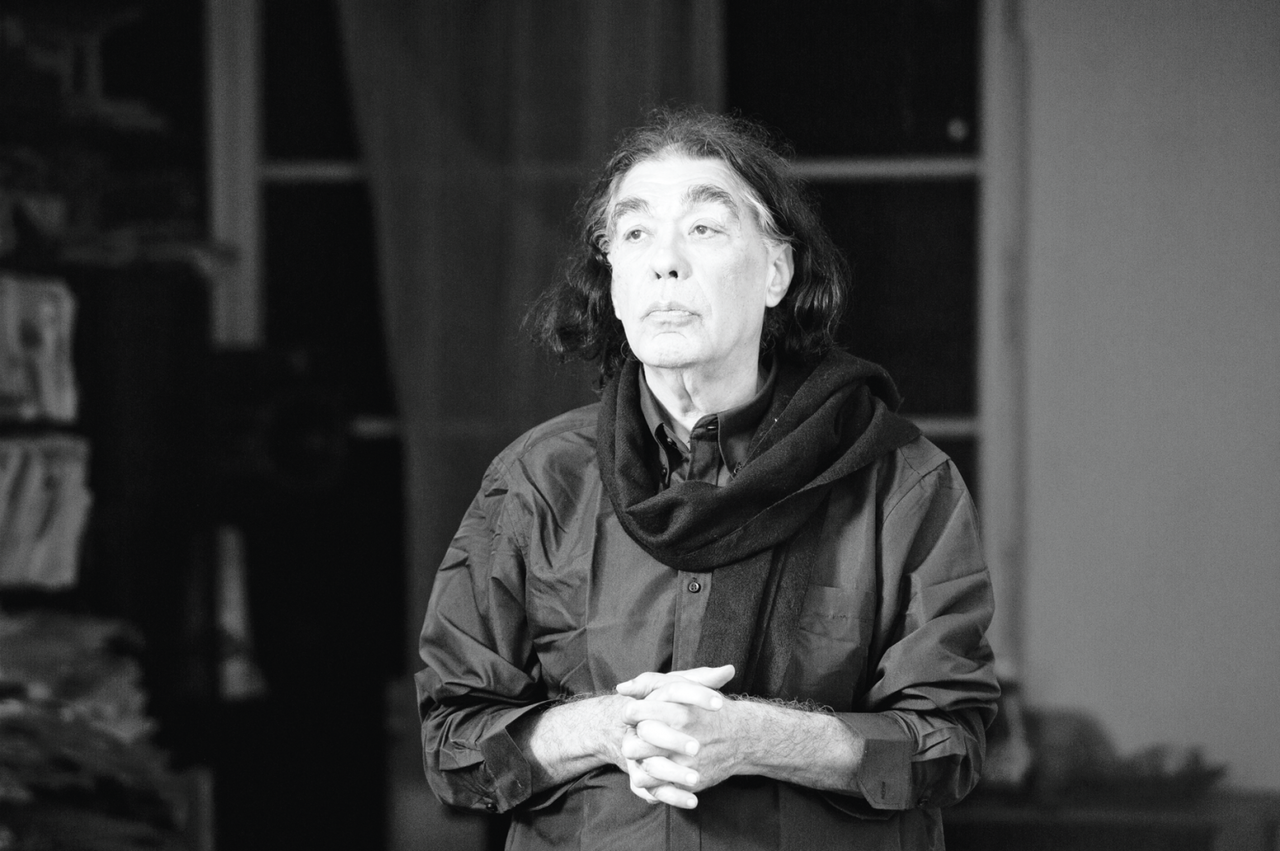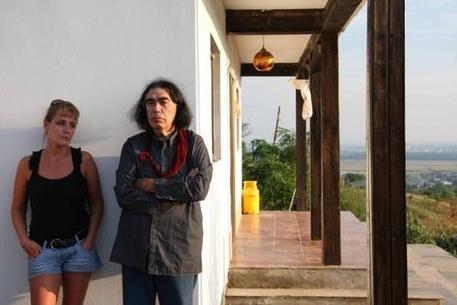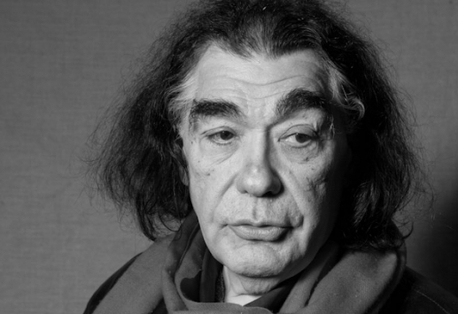I read one of your interviews on “composition” and “fast composition”. What are your objections on free improv? Do you listen to free improve music? What other “unexpected” music do you recommend?
Of course we listen. How could we object to improv? Defining and differentiating doesn’t mean excluding. Fast composition can mean a lot of things. It is either a piece that is perfectly known to the ensemble you’re addressing (somewhat similar to the baroque ciphered bass), either mapping the composition’s journey, where details posses a certain degree of improve, confined within foreclosed “idiom”. Nevertheless, it is always a piece addressing the initiated- very close contributors, and not foreign orchestras. In a nutshell, I would now recommend a radical composer (ultra radical), born in the same year as George Enescu,
Edgar Varese. Listen to whatever you can find by
Edgar Varese. Hyperprism, Ionisation, but Deserts, Ameriques, Octandre out of all. Anyway, his complete work fills up 2 CDs. Trust us, you’ll be surprised.
What do you consider to be more influential, folklore or classical music? Why do you think that drums and bass are so important in modern music?
It depends. It depends on what you understand by influential, and to which aspect of one or the other we refer to. Traditional music is certainly an inspiration, either when we speak of Romanian Folklore (although the term can generate confusion, I find traditional music more appropriate) Indian, Tibetan, and Pigmy music…
The enlivening aspects are orality, non-dilution, the importance given to the sonic coloring, melodic freedom and perkiness, the genuineness of tonal structure as natural resonance. The musical experiment is not an invention of the 20th century, but an attitude that pushed music to new edges, to dramatic changes. Drums and bass … it depends in what genres. You can’t say that’s new. There’s black music that’s nothing but drums. You might find this funny, but in a classical symphony, the conductor is in fact … the timpanist.



